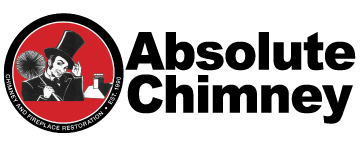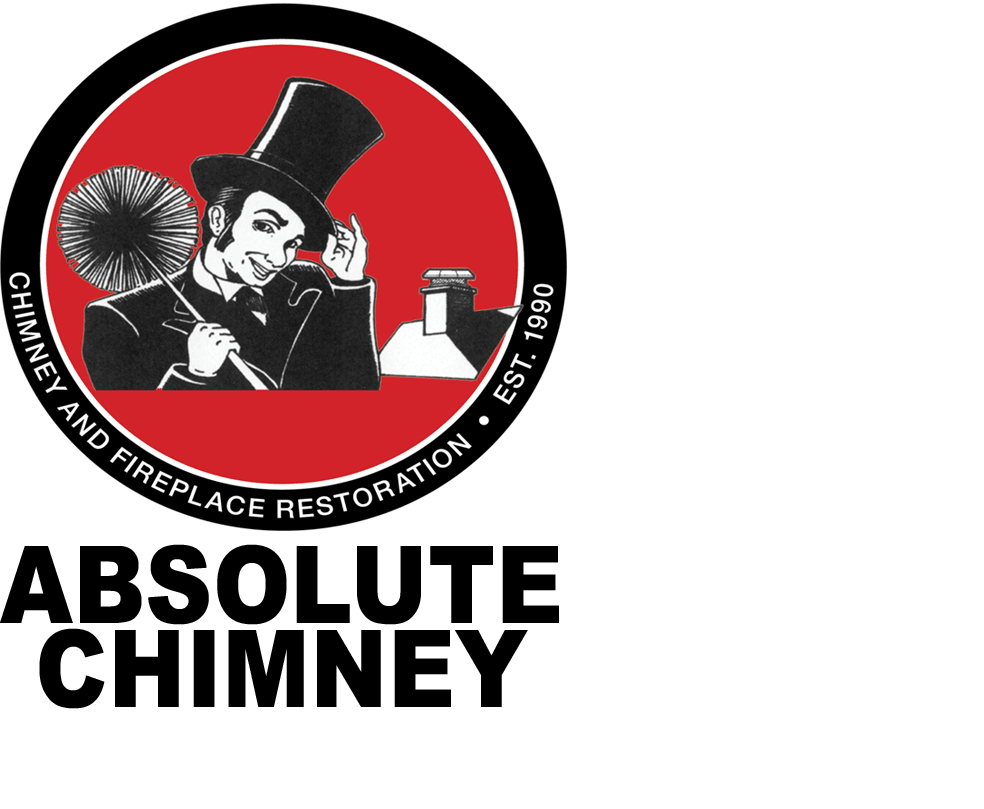
Pittsburgh Chimney & Fireplace FAQs
Do you have to have a chimney cap?
Even though a chimney cap is a minor and relatively inexpensive installation many homeowners question whether it is necessary or not. A chimney cap will prevent animals from entering your home, keep the moisture out, and protect the roof from burning embers starting a house fire. It is wise to have one.
How big does a chimney need to be?
The chimney should extend at least 3 feet above the roof surface it penetrates and 2 feet higher than any roofline or other obstacle within a horizontal distance of 10 feet. Taller chimneys make more draft, but chimneys exposed to outside cold don’t. See our section on chimneys.
Do you need a chimney liner?
Most masonry chimneys are made of brick or cement block on the exterior, then have another liner on the inside. The purpose of this inner liner is to keep the heat of flue gases inside the chimney, so not to overheat the nearby combustibles, such as the framing and walls of your home, and possibly cause a fire.
What is the chimney liner?
Chimney Liners, a flue lining in a masonry chimney is defined is a clay, ceramic, or metal conduit installed inside of a chimney, intended to contain the combustion products, direct them to the outside atmosphere, and protect the chimney walls from heat and corrosion.
Do you need a chimney for a wood burner?
Building regulations do not insist that you fit a chimney liner. If a chimney can be proven sound (using a set smoke test procedure), AND is of a diameter suitable for the stove, AND the stove-fitter can connect to the chimney in a way that satisfies the regulations, AND the end result is that the stove draws within the parameters laid down by the stove manufacturer, AND it can be swept, AND every building regulation is followed then you do not have to fit a chimney liner – a tough call for even an experienced stove fitter and many will not even consider it.
What is a flue in a chimney?
A flue is a duct, pipe, or opening in a chimney for conveying exhaust gases from a fireplace, furnace, water heater, boiler, or generator to the outdoors. Historically the term flue meant the chimney itself.
“Prompt and professional service. Addressed an issue with a newly installed damper in a very timely manner. Highly recommend Absolute Chimney.”

“They came in and assessed the problem and no sooner came back and fixed me all up! Very speedy service especially right before Christmas.”

“The owner is professional, clean, easy to work with and super friendly. I would definitely use Absolute Chimney again and I have already referred them to friends and family.”


